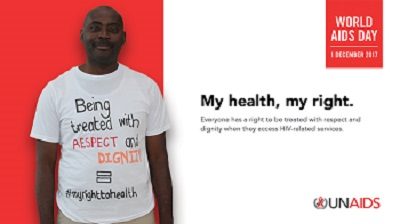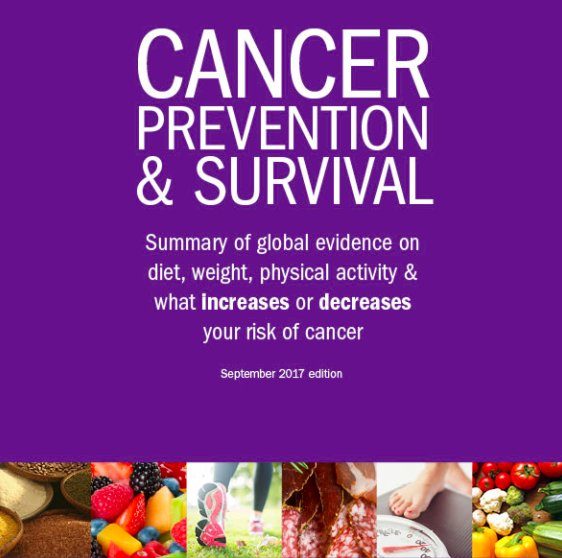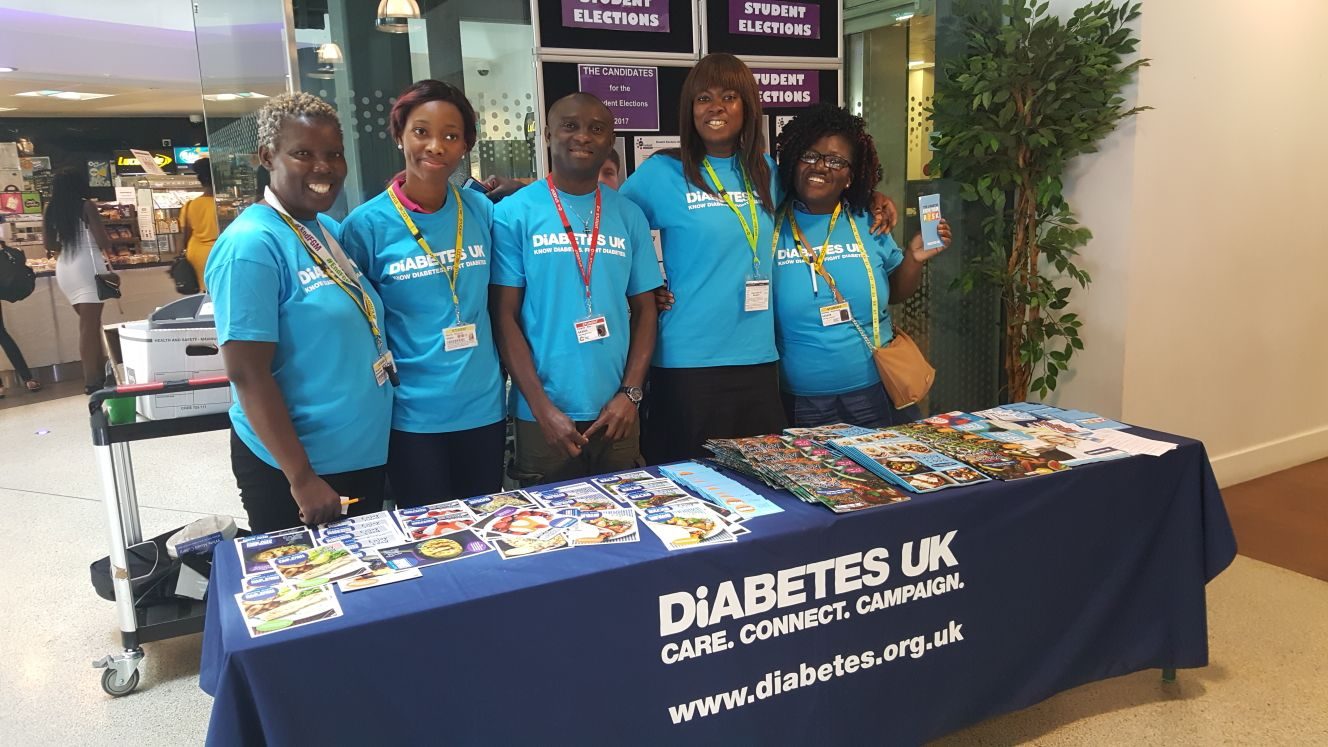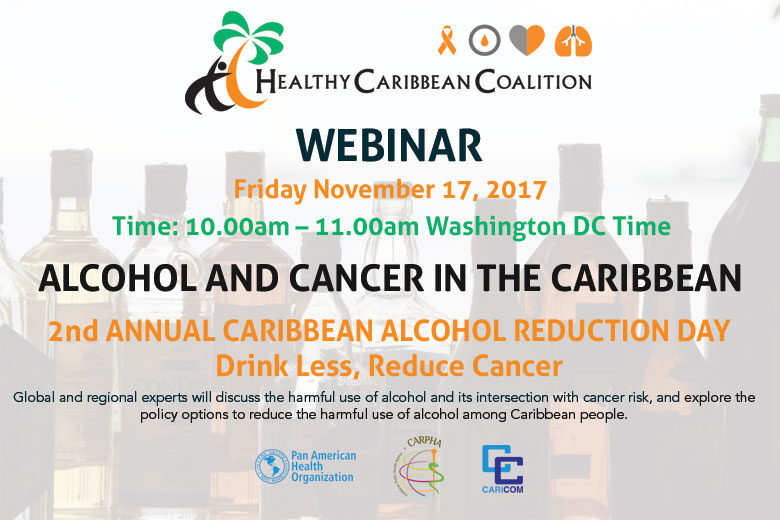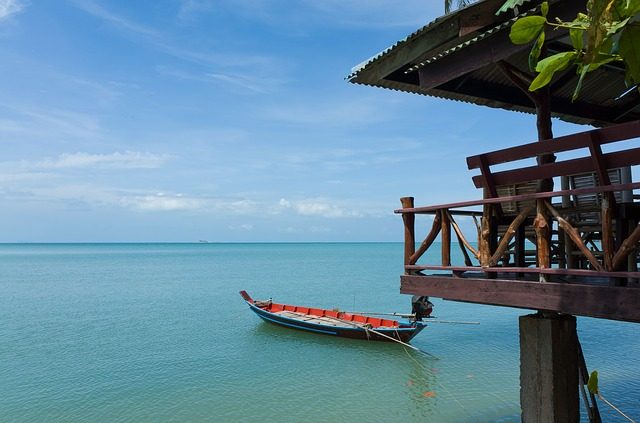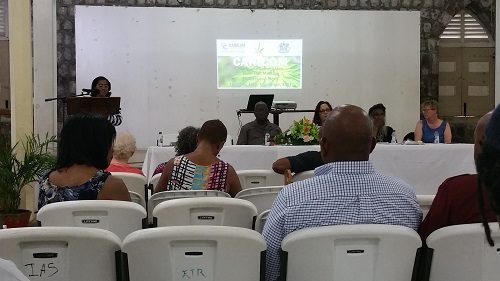On many occasions women with fibroids have asked us to recommend a good, experienced doctor who specialises in fibroids. We tend to point them in the direction of the two doctors on our Ask the Expert panel, Dr Nigel Hacking and Mr Adrian Lower.
Because we get this question a lot we started looking into whether we can put together a resource of highly recommended doctors and consultants in the UK who have expertise in fibroids. Whilst doing this we came across an article on the Mail Online which we thought would be a good start and be useful to our readers.
The Mail Online spoke to 40 leading gynaecologists and interventional radiologists in the UK and asked them: “If your own nearest and dearest were to need fibroid treatment, to whom would you refer them and why?”
Based on the answers provided the Mail Online put together their top ten fibroids experts cautioning that this is a guide, not a scientific study and there are many more highly-skilled consultants throughout the UK. Their list is below.
Please note this was put together in 2011 and we’ve therefore updated some job titles.
Mail Online’s Top Ten Fibroids Experts (UK)

Mr Ertan Saridogan, Consultant Gynaecologist, University College Hospital, London
What the Mail Online said:
“Has huge expertise with fibroids and is probably the best in the country for keyhole myomectomy. He’s a delicate surgeon who is kind and has great empathy for his patients. As a fertility expert, he takes exquisite care with nearby structures such as the fallopian tubes, so his patients will have the best possible chance of a successful pregnancy.”

Professor Anna-Maria Belli, Consultant Radiologist, St George’s Hospital, London
What the Mail Online said:
“Has pushed hard to get embolisation accepted. Technically she’s superb and she’s warm too. Patients love her — she cares about them, takes their views on board and will do all she can to ensure they get the best possible treatment.”

Professor Issac Manyonda, Consultant Gynaecologist, St George’s Hospital, London
What the Mail Online said:
“A fine gynaecologist and an international figure who has distinguished himself in the field of open myomectomy for large fibroids, and is one of the lead investigators in a new major trial comparing myomectomy with embolisation. He has treated huge numbers of patients, which he has followed up over many years with excellent results. Uteruses after his treatment are beautifully neat!”

Mr Alfred Cutner, Consultant Gynaecologist, University College Hospital, London
“A highly-skilled laparoscopic gynaecologist, who would be an excellent choice for fibroids. He’s a warm person who’d do his best to tailor the right treatment for each patient.”

Dr Paul Crowe, Consultant Interventional Radiologist, Birmingham Fibroid Clinic
What the Mail Online said:
“An excellent operator who set up the service in the West Midlands and does a huge number of fibroid operations that have yielded first-class results. With Paul Crowe, it’s not just about technical excellence — he is also patient- centred and manages to make them feel they are in the driver’s seat at all times.”
 Mr Adrian Lower, Consultant Gynaecologist and Minimal Access Surgeon, Consulting Rooms, London
Mr Adrian Lower, Consultant Gynaecologist and Minimal Access Surgeon, Consulting Rooms, London
What the Mail Online said:
“Sometimes he is described as the king of fibroids. He doesn’t work in the NHS, but does everything excellently. His background is in fertility problems and he will remove even large fibroids superbly by keyhole surgery, so his patients will have an excellent chance of pregnancy. He also has a very good bedside manner.”
 Dr Anthony Nicholson, Consultant Radiologist, Leeds General Infirmary
Dr Anthony Nicholson, Consultant Radiologist, Leeds General Infirmary
What the Mail Online said:
“One of the leaders in interventional radiology, he is charismatic and popular with patients. He can be counted on to give unbiased advice. He works closely with gynaecologists and will always refer patients to them if he thinks the patient will benefit.”

Dr Woodruff Walker, Consultant Diagnostic and Interventional radiologist, Royal Surrey County Hospital, Guildford
What the Mail Online said:
“He is undoubtedly one of the pioneers of uterine artery embolisation and has blazed a trail in this country. An acknowledged expert who has done more fibroid embolisation than anyone else, he has achieved outstanding results. Extremely personable, and patients have complete and well-deserved faith in what he does. He won’t push anyone into anything.”

Dr Nigel Hacking, Consultant Radiologist, Southampton General Hospital
What the Mail Online said:
“Approachable and has done a lot of work extending the availability of interventional radiology both here and abroad. Highly-skilled with the manual dexterity and hand-eye coordination needed. He knows when to embolise and when he’s done enough. This is vital because you want to starve the fibroid of its blood supply, but not damage the supply to nearby structures.”
 Mr Adam Magos, Consultant Gynaecologist, Royal Free Hospital, London
Mr Adam Magos, Consultant Gynaecologist, Royal Free Hospital, London
What the Mail Online said:
“He has been in the forefront of developing hysteroscopic myomectomy (where the fibroid is removed via the cervix, using a hysteroscope, a narrow, telescopic camera with instruments attached — there are no abdominal cuts). He also collects and appraises his own results and presents these to peers at meetings, and is a keen researcher. This is the sign of a quality surgeon who is interested in what he’s doing and is open to new ideas.”
The Mail Online also noted these highly recommended experts who didn’t make the top ten:

Mr Andrew Kent, Consultant Gynaecologist and Minimal Access Surgeon, Royal Surrey County Hospital, Guildford
What the Mail Online Said:
“Technically a superb keyhole surgeon in a very high-profile centre, who operates beautifully. Fibroid patients would be in very safe hands with him.”

Professor Lesley Regan, Clinical Professor, St. Mary’s Hospital, London
What the Mail Online said:
“A top gynaecologist with a great interest in fibroids who would do her best for her patients without forcing her views on them. She would put all the options to each patient fairly and then help them to decide.”

Professor Jonathan Moss, Professor of Interventional Radiology, Gartnavel General Hospital, Glasgow
What the Mail Online said:
“An enormously dedicated and highly skilled radiologist of the highest order and with the right mindset — which is that all options should be on the table for all women who are needing fibroids treatment.”

Mr Yacoub Khalaf, Consultant Gynaecologist, Guy’s Hospital, London
What the Mail Online said:
“Has a big fertility practice and will operate on large fibroids by open surgery, taking meticulous care. A well-rounded gynaecologist who is totally dedicated to his patients.”
 Professor Tony Watkinson, Consultant Radiologist, Royal Devon & Exeter Hospital
Professor Tony Watkinson, Consultant Radiologist, Royal Devon & Exeter Hospital
What the Mail Online said:
“Lovely with patients and gives them choices. He will explain what he knows about fibroids and the alternatives, too. If they then decide on embolisation, he will look after them very well.”

Mr George Pandis, Consultant Obstetrician and Gynaecologist, University College Hospital, London
What the Mail Online said:
“Being a very good gynaecologist is about much more than how good you are with a scalpel and telescope. It is also about how kind you are and how good you are if things happen to go wrong. He ticks all of these boxes, taking excellent care of his patients.”
We hope you’ve found the above list helpful and we thank the Mail Online for compiling this list. You can read their original article here







